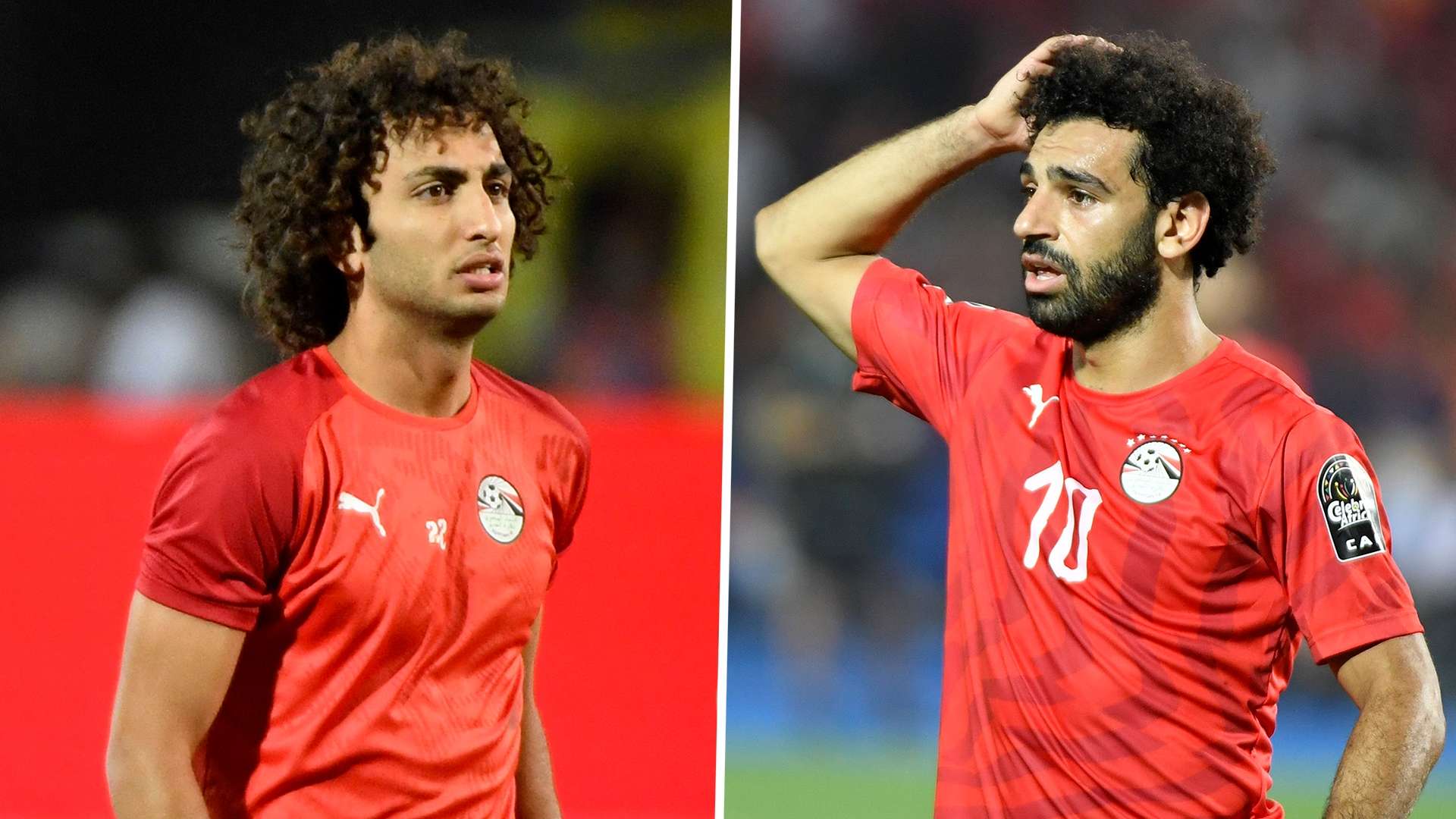After Egypt's shock last-16 elimination by South Africa at the Africa Cup of Nations on Saturday night, Mohamed Salah took to Twitter to thank his nation's "loyal fans" for their support.
The forward also made a promise: "We will learn from the mistakes that we made."
One sincerely hopes that Salah meant addressing the mistakes Egypt made off the field, as well as on it.
The tournament has been an unmitigated disaster for the host nation and their star player, who scored twice but struggled overall to influence games, most notably of all in the tame 1-0 loss to South Africa in Cairo.
That defeat resulted in Salah and his team-mates being booed off the field. It was a dreadfully anti-climactic end to a campaign that, as the now former Egypt boss Javier Aguirre pointed out, could well have put the winger in pole position in the race for this year’s Ballon d’Or.
Next Match
Having helped Liverpool conquer Europe with the opening goal in the 2-0 victory over Tottenham in the Champions League final – a year after being cruelly forced out of the tournament decider with a shoulder problem – it was hoped that he could replicate that tale of redemption by leading his nation to a first AFCON title since 2010.
After rushing his return from injury to represent Egypt at the 2018 World Cup, Salah was, understandably, a shadow of his usual scintillating self in Russia as The Pharaohs crashed out in the first round without registering a single point.
Even more frustratingly, he came under fire after accepting honorary Chechen citizenship from the region's controversial leader, Ramzan Kadyrov, who has a dubious human rights record.
In addition, there was a bitter argument with the Egyptian Football Association, whom Salah blamed for the "many disturbances at the team’s camp during our participation at the World Cup in Russia".
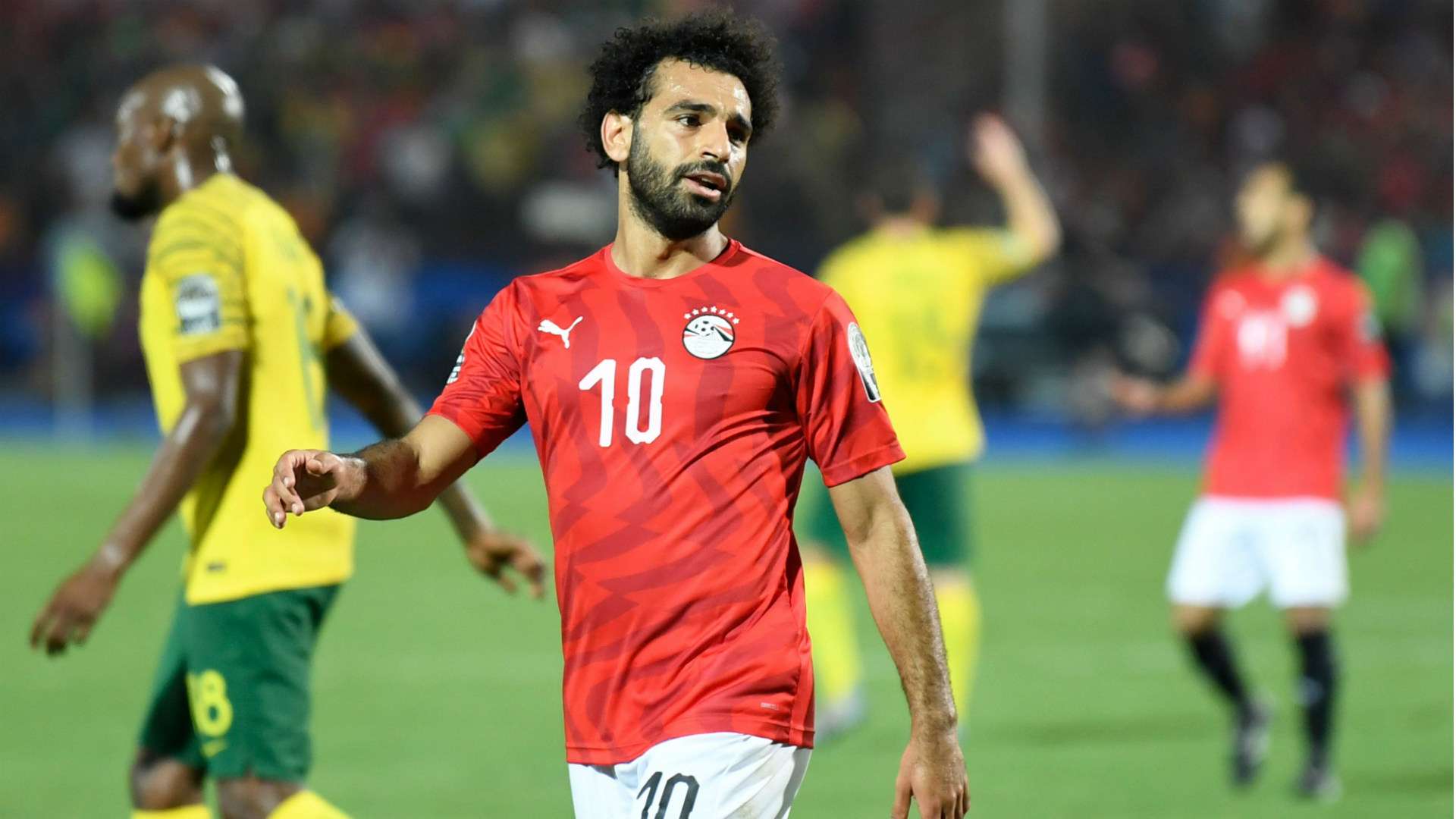
The 27-year-old winger alleged that he regularly had to deal with Egyptian officials and celebrities coming to his room wanting to talk.
Given his disdain for unwanted attention, Salah could, therefore, have been expected to have better handled the sexual harassment controversy that completely overshadowed his country's attempt to win the AFCON on home soil this summer.
Ahead of Egypt's second group fixture, against DR Congo, Amr Warda was expelled from the squad after Merhan Keller, a British-Egyptian model, shared screenshots of lewd and aggressive messages allegedly sent by the midfielder to her and other women.
However, rather than accept the Egyptian FA's decision, which was taken "to maintain the state of discipline, commitment and concentration" in the squad, several senior players, including Salah, instead challenged it.
The net result was Warda - after apologising for his actions - was allowed to rejoin the panel for Egypt's final group game, and the last-16 meeting with South Africa.
Salah's support had been crucial.
"Women must be treated with the utmost respect," he wrote online. "'No' means ‘no’. Those things are and must remain sacred.
"I also believe that many who make mistakes can change for the better and shouldn’t be sent straight to the guillotine, which is the easiest way out.
"We need to believe in second chances... we need to guide and educate. Shunning is not the answer."
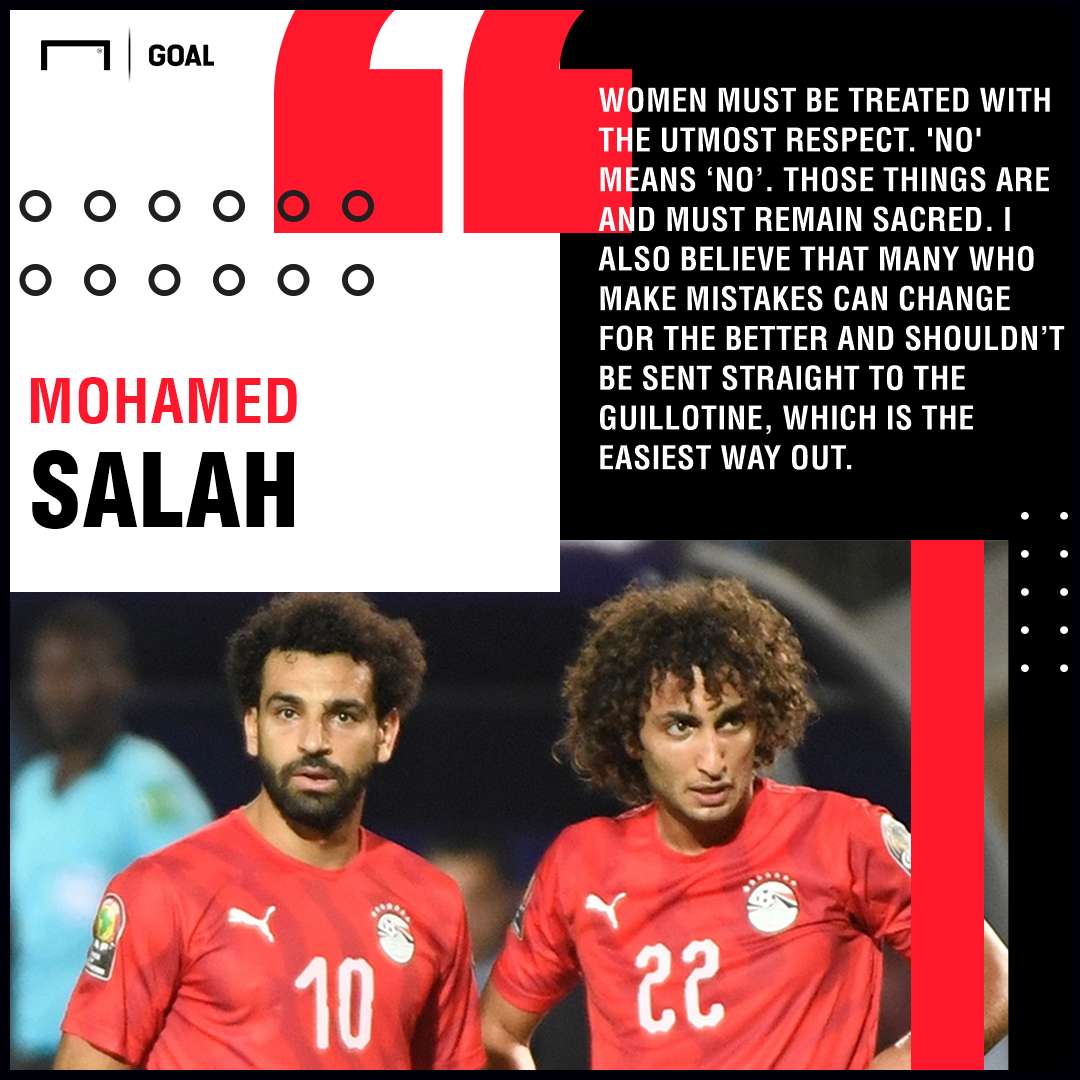
But neither was overturning the EFA's perfectly legitimate decision to expel a serial offender.
According to Portuguese newspaper Record, Warda's loan spell at Feirense in 2017 was terminated after he allegedly harassed the wives of two team-mates just days after arriving at the club. Thus, Warda had already long since received a second chance.
To outsiders, then, it looked like Salah and his team-mates had essentially prioritised their Africa Cup of Nations campaign over taking a stand in support of harassed women.
In addition, Keller, who is taking legal action against Warda, subsequently claimed that she has received "thousands" of abusive messages after Salah's tweets.
"This person (Salah) is God in Egypt. Literally," she told The Daily Mirror. "He is one of the most recognised figures in the world. This has pushed people to harass me even more.
"You have no idea the amount of hate messages, threats and stuff that I am getting. I cannot go to my country right now if I want to visit my family. People will attack me in the streets.
"You know what he has done, so the fact that he (Salah) is still siding with him (Warda) is really, really painful."
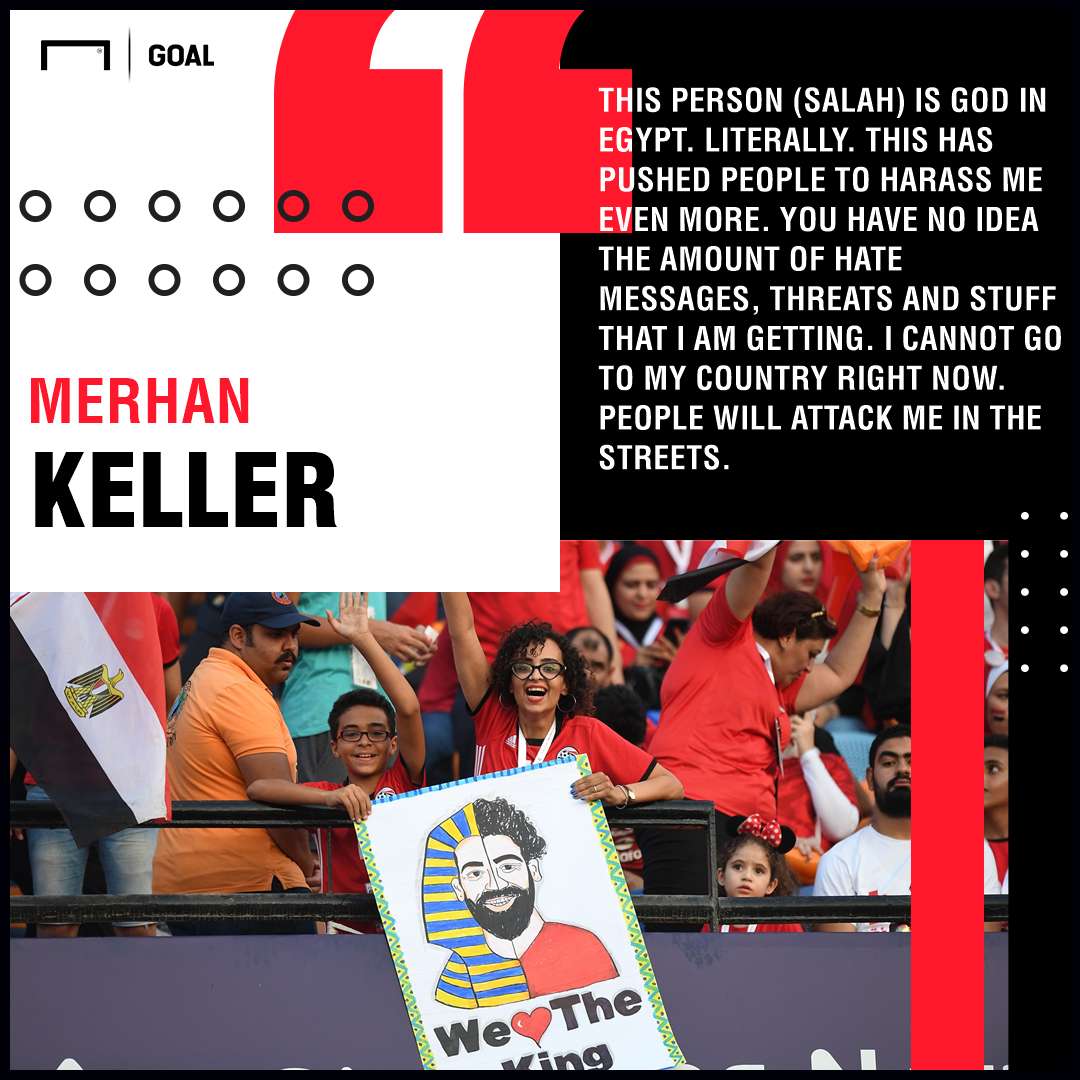 Getty/Goal
Getty/Goal
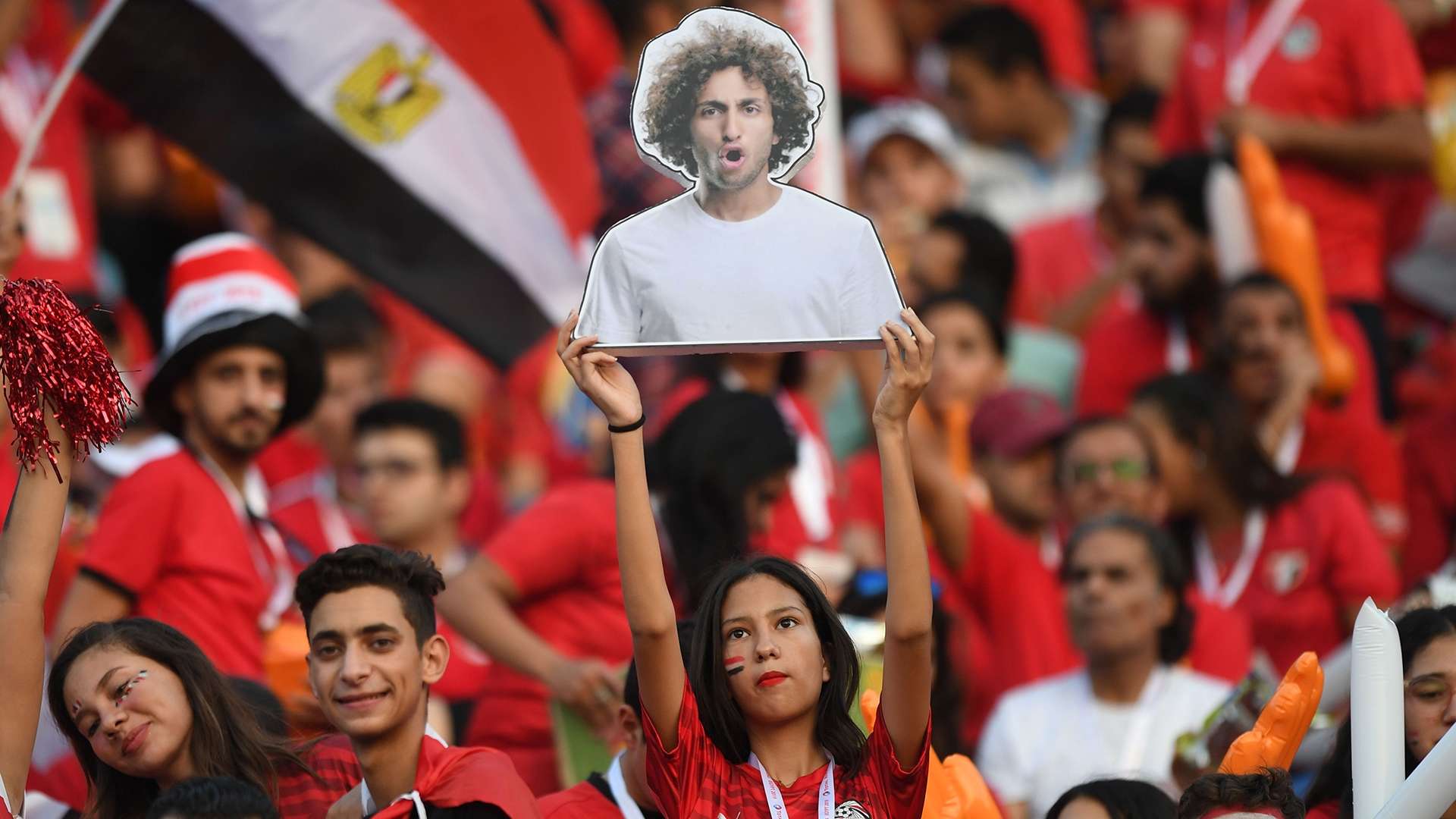 Getty
Getty
Salah's stance wasn't only offensive, either. It was downright bizarre, given that he had championed women's rights in an interview with Time magazine in April.
"I think we need to change the way we treat women in our culture," he said. "It’s not optional."
The inclusion of Warda shouldn't have been optional either, though. Being team-mates or friends shouldn't be a factor when it comes to determining someone's suitability to representing the national team.
Rightly or wrongly, some footballers are considered role models. And it is a responsibility that Salah takes very seriously. He has spoken in the past of the "pressure" that comes with the job.
"To be the first Egyptian in [this] situation and no one has done this before," he said, "it’s something different."
And not at all easy. For the most part, though, Salah has conducted himself with commendable class and done his nation proud.
A man of compassion, he has done an incredible job – particularly in England – in helping break down social, cultural and religious barriers and in promoting unity and harmony. Indeed, there are few more likeable or influential figures in the game today.
However, he erred badly in supporting Warda's reinstatement after just one game in exile.
Warda's actions haven't just called his own character into question, they've also cast Salah and his colleagues in a most unfavourable light.
We can only hope that they soon realise that they made a mistake. And then learn from it.
